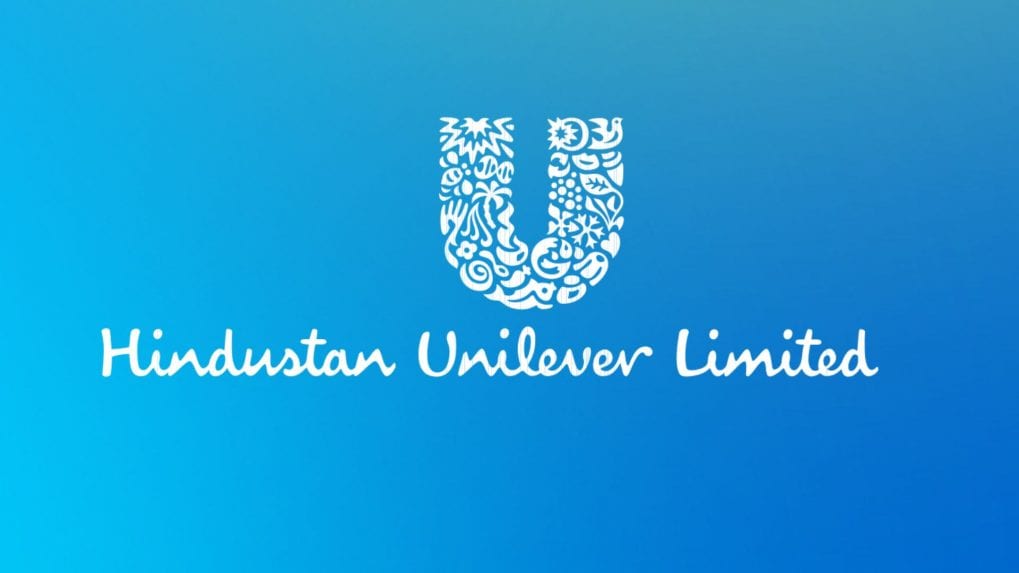HUL’s entry into Esports opens door for FMCG majors to tap India’s expanding gaming audience
Industry watchers say HUL’s entry represents more than a marketing experiment — it’s a strategic step into one of the fastest-growing youth engagement platforms.
ADVERTISEMENT
In a move that underscores how India’s esports ecosystem is maturing and diversifying, Hindustan Unilever Limited (HUL) recently made its debut in competitive gaming. The FMCG giant has entered the esports arena through its brand Boost Protein, which sponsored the Chennai Esports Global Championship (CEGC) — India’s first state-backed international esports tournament.
Storyboard18 had first reported about the FMCG major's debut into esports. The event, organized by the Sports Development Authority of Tamil Nadu (SDAT) in collaboration with Skyesports. The tournament hosted two major events: Counter-Strike 2 (CS2) with a USD 50,000 prize pool and Battlegrounds Mobile India (BGMI) with ₹50 lakh up for grabs, bringing together top teams from India, Southeast Asia, and Europe.
“Esports is not just about quick reflexes or winning a match. It is about consistency, preparation, and the ability to perform under pressure,” said Zakir Karim, VP of Lifestyle Nutrition at Hindustan Unilever Limited. “These are the same qualities we have always celebrated with Boost Protein. The Chennai Esports Global Championship is the perfect platform to reflect that spirit, as it celebrates competitive excellence while showcasing the true potential of this growing industry.”
Industry watchers say HUL’s entry represents more than a marketing experiment — it’s a strategic step into one of the fastest-growing youth engagement platforms. “For a legacy brand like HUL to move into esports shows that non-endemic companies are now viewing gaming not as a niche, but as a legitimate mass medium,” said an esports industry consultant who requested anonymity. “This will likely open the gates for other FMCG and lifestyle brands to follow suit.”
Boost’s involvement is seen as part of a phased strategy by HUL to strengthen its connection with younger audiences through digital and interactive ecosystems. The move mirrors global trends where major consumer brands — from beverage to apparel — are embedding themselves in esports through sponsorships, influencer tie-ups, and tournament partnerships.
Calling it a “milestone moment” for Indian gaming, Skyesports CEO Shiva Nandy said that the government’s involvement has boosted credibility and confidence among new sponsors. “The Chennai Esports Global Championship represents a milestone for India — it’s the first government-backed international esports tournament of this scale,” Nandy said. “The credibility that comes with this initiative has opened the door for non-endemic brands like Boost Protein to enter the space with confidence.”
An esports marketing strategist noted that such partnerships will reshape how mainstream India views gaming. “When brands with household recognition like HUL step in, it normalizes esports in boardrooms,” the strategist said. “It’s not just gaming anymore — it’s culture, competition, and commerce rolled into one.”
HUL’s move aligns with a broader trend of corporates — including automakers like Mahindra Electric Vehicles — using esports to engage tech-savvy audiences. With government-backed initiatives like CEGC setting a precedent, experts expect a surge of new entrants from sectors like beverages, fitness, and personal care.
Amin Lakhani, President - Client Solutions, WPP Media South Asia, said “Esports represent a new frontier for youth engagement and brand-building in India. Boost Protein’s association with the Chennai Esports Global Championship brought to life by Team Fulcrum, exemplifies how purpose-led brands can lead culture through relevance and resilience. This partnership is not just a sponsorship; it’s the creation of an integrated media ecosystem where creativity and performance come together to strengthen brand presence, build affinity, and deliver measurable business growth in one of the world’s fastest-growing digital arenas.”
According to IMARC Group, the global esports market was valued at USD 2.08 billion in 2024 and is projected to grow to USD 10.06 billion by 2033, at a CAGR of 17.05%. The Asia-Pacific region leads globally, accounting for more than 30% of the market. India, home to 453 million gamers in 2023, is on track to reach 730 million gamers by 2028.
For HUL and other consumer giants, the appeal is clear: esports offers a gateway into India’s youngest and most digitally connected demographic. Boost Protein’s entry may just be the opening move — one that signals how esports has evolved from a niche subculture into a mainstream marketing frontier.
Read More: ‘India’s gaming ambition is global now,’ says Aditya Swamy of Google Play


